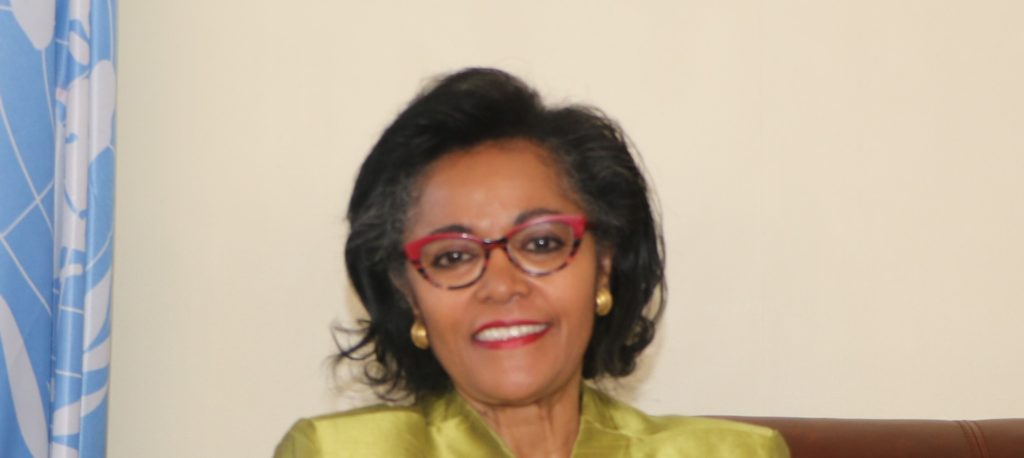The adverse impacts of the COVID-19 and conflicts are hampering food security in the African continent. This was disclosed at a high-level the African Union Development Agency-NEPAD meeting that kicked off on Tuesday July 26, 2022 in Dakar, Senegal.
In her opening remark, CEO of the African Union Development Agency-NEPAD, Mrs Nardo Bekele-Thomas, said that the COBVID-19 and its socio-economic consequences have exacerbated food insecurity and malnutrition globally. In Africa, compared with 2019, about 46 million more people were affected by hunger in 2020, in the shadow of the pandemic. Further evidence suggests that, without urgent action, COVID-19 could result in an additional 9.3 million wasted children – on top of the 45 million in 2020 – and an additional 2.6 million stunted children – on top of the 149 million in 2020 – globally by the end of 2022, backsliding a decade of progress on nutrition.
Mrs Nardos Bekele-Thomas noted that climate change, conflicts and terrorism, and the increased cost of food are some of the challenges adversely impacting food security. According to the CEO, in the Horn of Africa region, severe droughts since 1981 are leading to the death of livestock and crop failure, resulting in an estimated 13 million people waking up hungry every day. “Conflict is a major threat to food security and the leading cause of global food crises in 2020 and now the conflict in Ukraine and Russia has plunged global food and energy markets into turmoil, raising high food prices evn further. These increases once passed on to our local domestic markets, will limit people’s access to food of adequate quantity and quality,” she said.
FAO has estimated that, globally, the number of undernourished people, which was around 817 million in 2021, could increase by 7.6 – 13.1 million people in 2022-2023.
However, Nardos Bekele-Thomas said, despite the challenges affecting food and nutrition security in Africa, the National Agriculture Investment Plans (NAIPs) and Regional Agriculture Investment Plans (RAIPs) are instrumental in driving the agriculture transformation processes and building risilient food systems on the continent. “Today, I am very delighted that we are nearing the end of the second decade (MALABO Declaration) of the NAIP and RAIP implmentation, it is of paramount importance to take stock on how far the National Agriculture Investment Plans (NAIPs) and Regional Agriculture Investment Plans (RAIPs) were instrumental in driving the agriculture transformation processes and building resilient on food systems. Further, I would like to also congratulate the Member States here present and with the support of partners, that we have managed to successfully sustain and expand the Comprehensive Africa Agriculture Development Programme (CAADP) process for more than a decade,” she said.
Ms. Nardos Bekele-Thomas said the work built on the CAADP as a continental policy framework for agricultural transformation to increase food security and nutrition and reduce poverty and the commitment to agricultural transformation under the African Union (AU) CAADP Malabo declaration on agricultural growth and transformation, the African Common Position on Food Systems shall bring renewed impetus to agriculture developed on the African Continent.
“Africa expects the momentum created by the UNFSS to result in mobilizing and galvanizing implementation of its priorities in Agenda 2063, the CAADP-Malabo declaration, the Africa Continental Free Trade Agreement (AfCFTA) and other AU continental development frameworks.”
The African Union Development Agency-NEPAD is mandated to coordinate and promote regional integration towards the accelerated realization of the AU Agenda 2063.
Read the article on the website IPPMedia
https://www.ippmedia.com/en/features/covid-19-conflicts-hampering-food-security-africa

